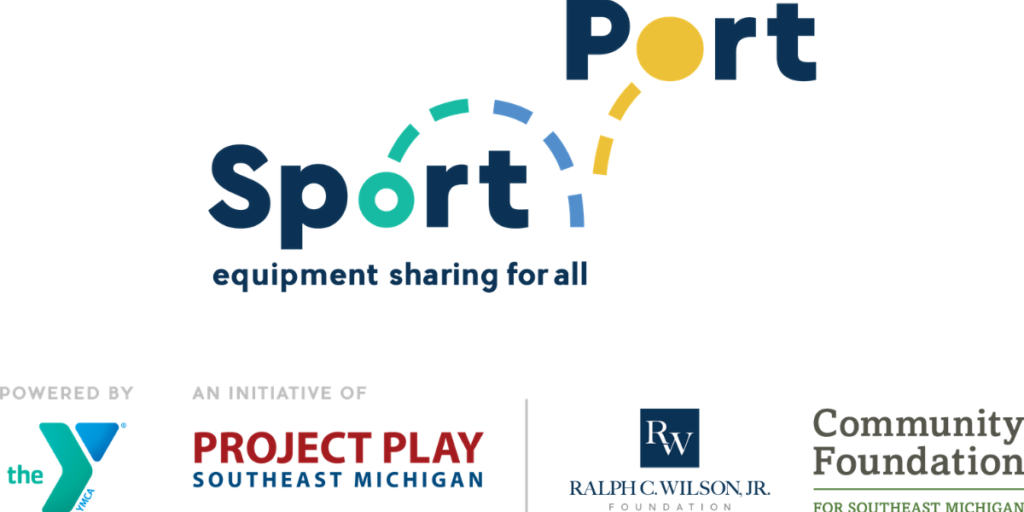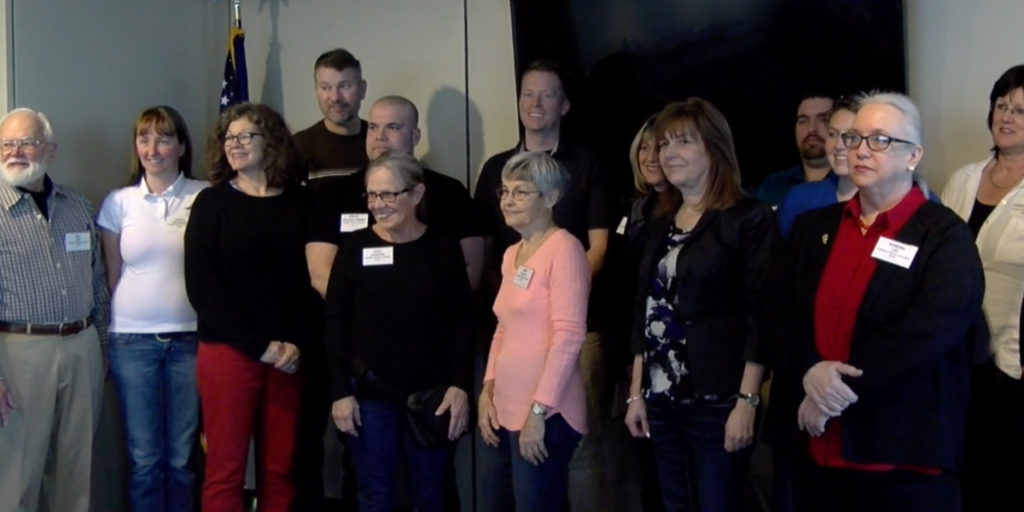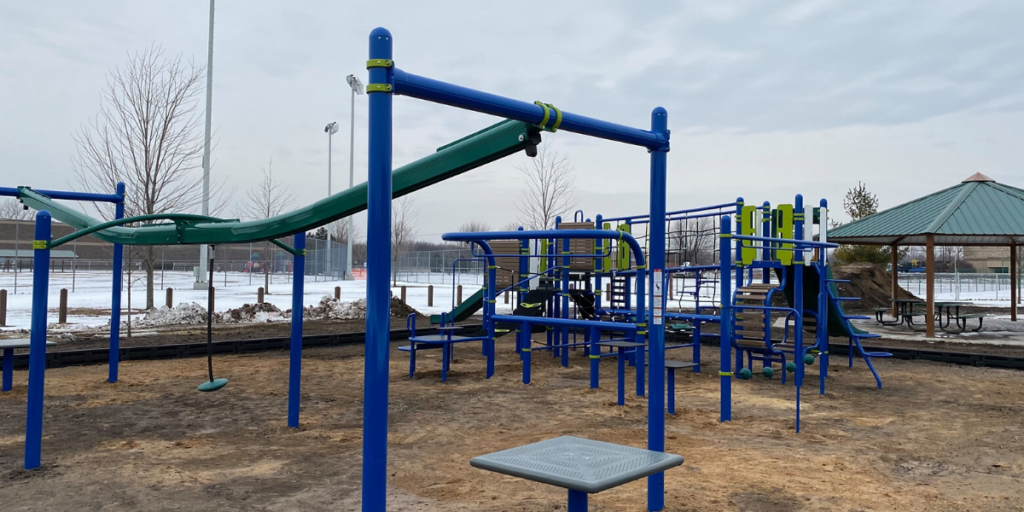SportPort Pilot Program
Statistics say that children who have the opportunity to sample multiple sports are more likely to keep lifelong healthy habits. This was the inspiration behind an innovative project to increase access to sports equipment in communities, and Port Huron will be one of the first in Michigan to pilot the program. SportPort is a mobile equipment unit powered by the YMCA of the Blue Water Area and a stationary lending site operated by the city’s Recreation Department. The SportPort program, through the mobile unit and SportPort lending library in McMorran’s Pro shop, will be a year-round program that allows participants to check out sports equipment like checking out a library book.
Project Play: Southeast Michigan aims to encourage youth to be active with the SportPort equipment sharing program which will provide access to equipment for sports and opportunities to play at no cost. Project Play: Southeast Michigan is funded by the Ralph C. Wilson Jr. Foundation in partnership with The Community Foundation for Southeast Michigan and the YMCA. This Saturday, February 22nd, at the St. Clair County Community College (SC4) Fieldhouse, a sample variety of the equipment will be available for the community. From 8:30-10:30 a.m., kids can try out sports including baseball, basketball, and volleyball through stations and games led by Skipper athletes. Attendees will also receive tickets for the Skippers’ afternoon basketball games.
The SportPort Program has regular hours depending on the location. Visit www.bluewaterymca.com/sportport for more details.
Reporting for WGRT, Karly Hurley.







